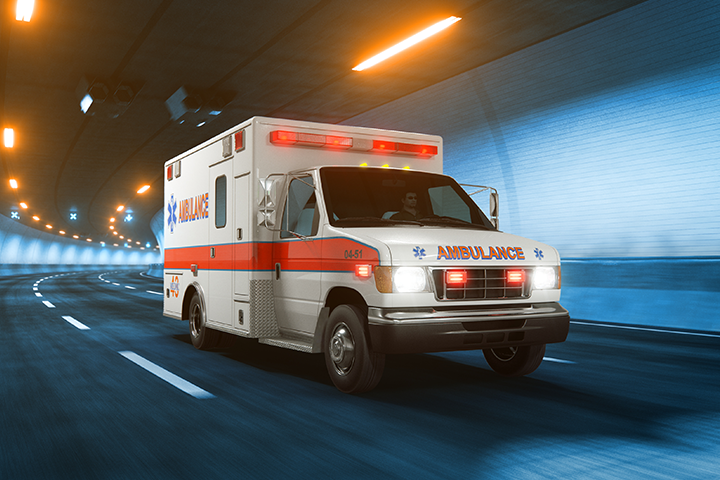Would you know what to do if you had to go to the emergency room right now? You may not have time or the ability to think clearly during a possible emergency. It's best to know exactly where to go and what to bring BEFORE you need to go.
Is it an Emergency?
The first thing you should do is evaluate the situation. Do you need to go to the ER? Sometimes, the choice is clear. If you’re having signs of a heart attack or stroke, it’s best to go to an ER. But what if youneed stitches? Or have an upset stomach after eating sushi? The choice may not be so clear. Knowing where to go for medical care may save you money and time.

Urgent Care vs. ER
Visit an urgent care center when it's not an emergency, but you still need immediate attention. They're convenient and more affordable than hospital ERs with evening, weekend, and holiday hours for things like:
- cuts that require stitches
- minor burns
- sprains
Use the ER if you think your life is in danger. Symptoms may include:
- chest pain
- heart attack
- heavy bleeding
- stroke
- sudden or severe pain
- trouble breathing
Please note that there is a difference between hospital emergency rooms and free-standing ERs. If you're not sure how to tell the difference, check out our guide.
If you aren't sure if you need an ambulance, call 911. An ambulance may be necessary if:
- the issue could be life threatening
- CPR is required
- moving could cause additional harm
- you can't transport yourself to the ER
To learn more, visitWhere To Go for Care.
Prepare for a Visit to the ER
It always happens when you least expect it. You can prepare yourself ahead of time by knowing what to bring with you.
- Health insurance ID card. It's a good idea to keep it in your wallet. You also have access to a copy of your ID card on the BCBSTX App.
- Debit or credit card. You may be asked for payment while you're there. If you're not able to pay, the ER will still treat you and send you a bill later.
- Photo ID. The ER will need to confirm your identity before treating you. If you need lifesaving treatment, they'll ask for your ID later.
- Emergency contact list. Write down a list of family members or the person you'd want the hospital to contact. Your next of kin or someone who can make medical decisions for you if you're not able, should be at the top of the list. Keep it in your wallet or set up a list using the emergency contact feature on your smart phone.
- List of allergies and current medications. Keep an accurate list of your allergies and the medications and dosage you take in your wallet or phone. Include prescription and over the counter drugs as well as any vitamins, supplements, or recreational drugs. It's very important to be thorough and honest with an ER provider about what you take to avoid dangerous drug interactions or side effects.
- “Go" bag. Consider packing a small bag to keep in your car with a few essentials like a change of clothes, toothbrush, toothpaste, spare eyeglasses, phone charger, etc. in case you need to spend the night at the hospital.
Resources for TRS-Care Medicare
24/7 Nurse Support
Call 24/7 Nurse Support for health information and support — Registered nurses are available any time, day or night at no additional cost to you. Call 1-877-365-7949, TTY 711, any time for health information and support — at no added cost to you.
When you call, a registered nurse can help you:
- Learn about conditions and treatment options
- Understand a wide range of symptoms
- Learn more about a diagnosis
- Explore the risks, benefits and possible outcomes of your treatment options
- Determine what type of care may be right for your needs
- Choose a health care provider
- Find doctors or hospitals that meet your needs
- Locate an urgent care center and other health resources in your area
- Learn about healthy living
- Get tips on how nutrition and exercise can help you maintain a healthy weight
- Learn about important health screenings and immunizations.